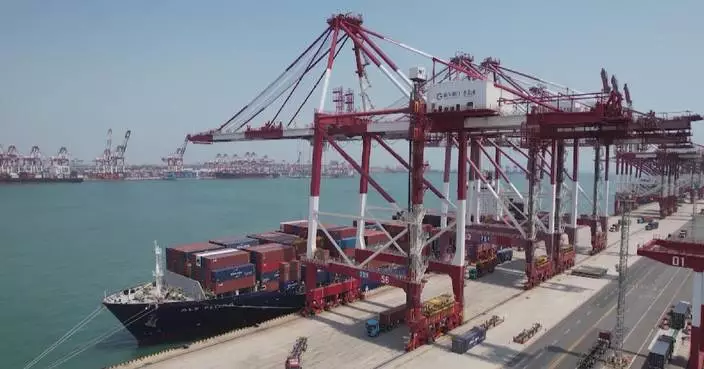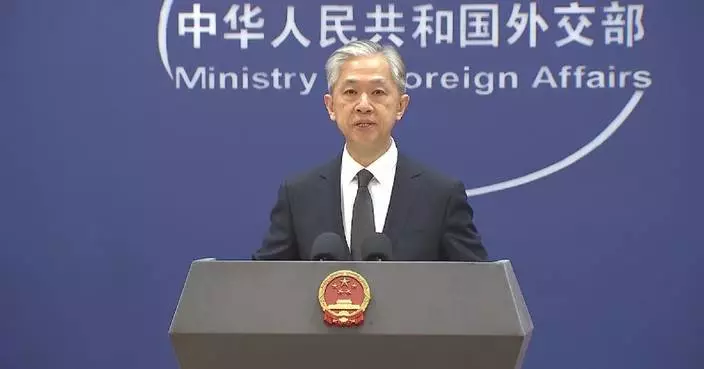As inflation has been tamed in many parts of the world, central banks worldwide are embracing divergent monetary strategies, resulting in a mix of interest rate hikes and cuts, illustrating a mix of consensus and disagreement among global economic policymakers.
In a notable shift from last year's widespread rate hikes, Sweden's central bank took a pivotal step on Wednesday, reducing its interest rates by 25 basis points, marking its first cut in eight years.
This decision contrasts sharply with last year's global trend toward higher rates, indicating a potential shift in monetary policy focus in the year of 2024.
Similarly, the Swiss National Bank made an unexpected rate cut in March, signaling a European shift towards fostering domestic economic growth, diverging from American monetary strategies.
Contrasting with Europe, Japan has embarked on a different path by raising interest rates in March for the first time in 17 years, concluding its eight-year negative interest rate period.
This move is seen as a response to the yen's depreciation and ongoing import-driven inflation, exacerbated by the growing interest rate differential with the U.S.
While some developed economies are in a holding pattern, anticipating possible rate cuts, their cautious stance is largely influenced by the U.S. Federal Reserve. With inflation expectations rebounding, a previously expected rate cut by the Fed in June may now be delayed until September or beyond.
"Overall, the U.S. economy is a bit overheated, which is why the rate cut policy is postponed after the latest CPI hit 3.5 percent, as the Fed's original target was around 2 percent," said Wang Yong, vice director of Institute of Economics at Tsinghua University.
Meanwhile, emerging markets and developing countries are experiencing more severe fluctuations in rate policies, as they struggle to balance controlling inflation, sustaining growth, and stabilizing their currencies. Notably, the central banks of Türkiye and Indonesia have taken significant steps to increase their interest rates.
In April, the Bank of Indonesia increased its benchmark interest rate by 25 basis points, its first hike of the year, following a dramatic decline in the value of the Indonesian rupiah, which reached a four-year low against the U.S. dollar.
Similarly, in a surprising move, Türkiye's central bank aggressively raised its benchmark rate by 500 basis points to 50 percent in March, totaling 750 basis points in hikes during the first quarter alone.
The robust responses were aimed at curbing the steep inflation exacerbated by geopolitical tensions in the Middle East, underscoring the complex financial dynamics that emerging markets often navigate.
"The wars in the Middle East, especially the Houthi attacks in the Red Sea region, have instantly heightened inflationary pressures from imported goods for economies like Türkiye that heavily rely on external resource inputs. Therefore, the Turkish government opted for a 'sudden rate hike' to mitigate both the depreciation of the local currency and the inflationary pressures faced by the country," Wang explained.
As the Fed delays its rate cut, its prolonged high interest rates are expected to impact the global economy significantly, particularly affecting emerging markets and developing economies, which find themselves in a difficult position.
"[If emerging and developing economies] don't cut rates, their economies are already under strain. However, cutting rates before the Fed may lead to capital outflows and currency depreciation, potentially causing unnecessary shocks. Thus, if the Fed's first rate cut is delayed until September or October, it will put many countries' economies in a turbulent situation, making policy adjustment difficult," Wang concluded.

Global central banks face divergent paths amid inflation control









